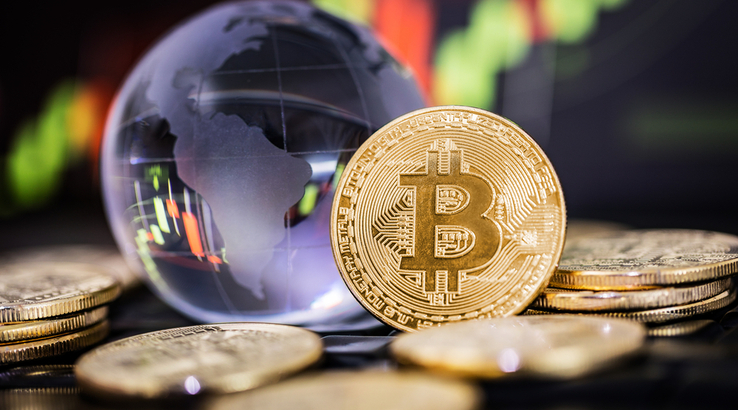
Zebpay, an Indian cryptocurrency exchange, plans to close its exchange business. It announced on this on Friday in what has resulted in a myriad of speculations.
Zebpay’s resolution
Doing business is no longer possible it seems. Who is responsible? The Reserve Bank of India (RBI) in April made a drastic move that fundamentally affected its business. It gave a directive to banks across the country to stop delivering banking services to the various entities associated with cryptocurrency. As a result, the business activities were crippled and Zebpay couldn’t think of anything else other than closing its exchange business.
Some have supported the move. However, there are still those who say the business needed to be revamped. The exchange’s blog outlined, “At this point, we are unable to find a reasonable way to conduct the cryptocurrency exchange business.”
The turn of events
It was also made clear that the exchange would no longer be taking more orders. In case the exchange would at a later date wish to accept more orders, it would give a notice. In spite of all this, reports show that the Zebpay wallet will be in working condition. It won’t in anyway be affected by any of the recent moves.
Most traders are happy that they will be free to continue making token deposits and withdrawals. They say the exchange has remained rational despite the fact that it has been going through difficult times.
Initially, Zebpay was known as BuySellBitco. It was unveiled in 2015 and within a short period of time it already managed to raise almost $1 million in equity funding.
It was in December 2017 that the price of Bitcoin was at its peak. At that particular point the exchange was managing to add between 300,000 and 400,000 users on a monthly basis.
The cofounder of Zebpay Sandeep Goenka thinks that the level of interest associated with cryptocurrencies are currently at unprecedented levels despite the fall in price.




